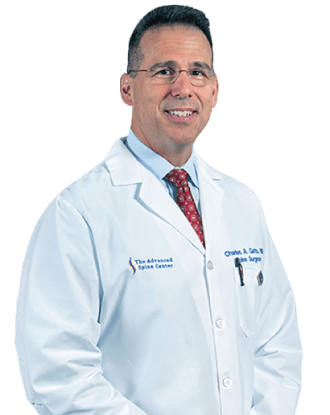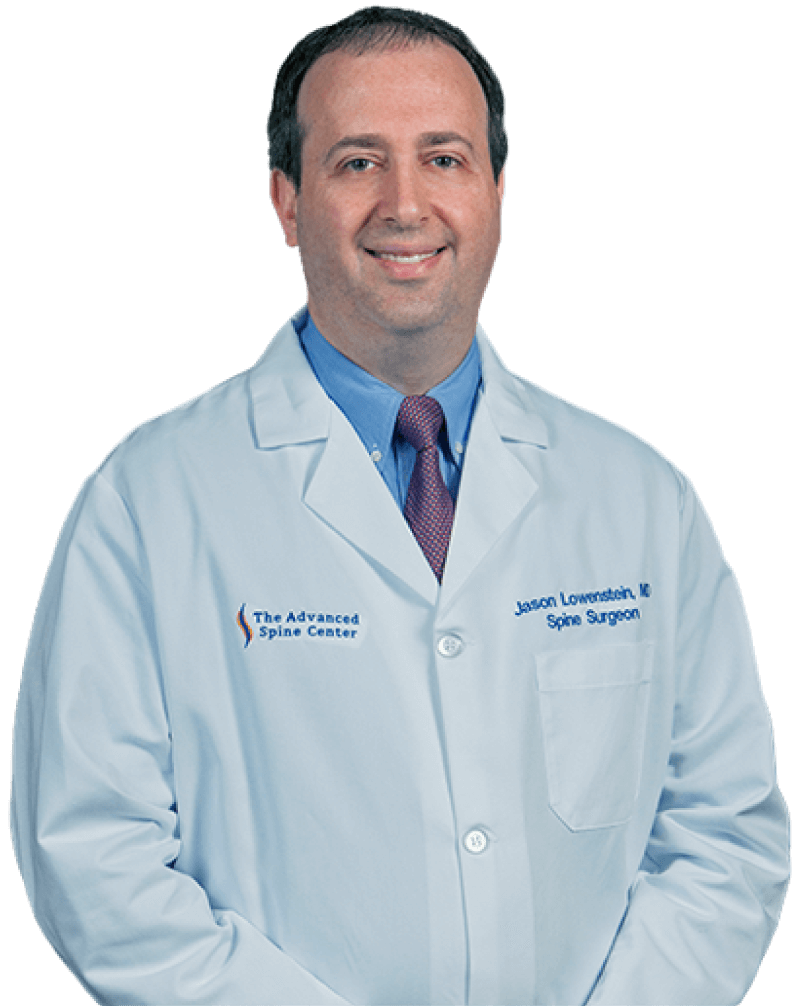Back Pain FAQs
Back pain can develop gradually or surprise you without warning. If you’re experiencing back pain, then you probably have A TON of questions. How did it start? When will it stop? And, what can you do to alleviate the pain?
Up to 80% of Americans will be affected by chronic back pain at some point in their lives. The more you know your back pain, the better chance you have to understand, prevent, and treat this troublesome condition.
If you’re searching for answers about your back pain, then you’ve come to the right spot. Use this guide as a jumping-off point in your quest to reclaim your life from chronic back pain!
Most short-term back pain results from strains or sprains to the soft tissues (i.e. the muscles or ligaments) that support your spine. Also, mechanical issues, such as disc degeneration, can change the structure of the spine, thus affecting joints, vertebrae, and the nerves that pass through the spinal column.
When back pain is related to sprains and strains, it may only last for a few days to a couple of weeks. With rest and self-care, many back issues will resolve as the irritated tissues heal. In fact, 80% of those with acute back pain will feel better within six weeks. If your pain persists for longer or is particularly bothersome, you know it’s time to see a doctor.
Acute back pain is temporary pain or discomfort that occurs in the back after an injury or trauma. In many cases, time, self-care, and conservative treatments will allow these issues to resolve without any lingering loss of function.
Chronic back pain refers to discomfort and/or other symptoms that last for longer than three months. About 20% of those affected by acute back pain go on to develop chronic back pain. Fortunately, medical and/or surgical treatments can be effective in resolving chronic back pain.
Risk factors for developing back pain include age and physical condition. Older people and those who are overweight run a higher risk of developing back pain. Also, “weekend warriors” or those who have jobs involving heavy lifting are more likely to develop back pain than others.
We don’t live in a bubble. Our muscles and joints react to our environment. Changes in temperature and barometric pressure can sometimes lead to increased pain in arthritic joints, including the spine.
Being mindful of your posture, how you lift objects, and performing sports and physical activities with the proper body mechanics can prevent back pain. In addition, try to use ergonomically correct furniture when working at a desk for long hours. Also, aim to maintain a healthy BMI as well as strong core and back muscles.
Yes. Bad posture habits like slumping over when you sit, arching your back, or spending long hours hunched over an electronic device apply added stress to the spine and the soft tissues supporting it.
In many cases, back pain is a muscular or skeletal issue. There are times, however, when back pain can indicate a symptom of a more serious problem like spine cancer. As cancer metastasizes, it can spread to the spine leading to back pain. Those with a history of cancer should see a doctor about any new or unusual back pain symptoms.
If you are suffering from acute back pain, then there are some things you could do at home to relieve the pain. Rest, ice, and heat can help to reduce pain, inflammation, and give the body a chance to heal. Over-the-counter medications may also assist in reducing back pain and inflammation.
If you’re dealing with back pain, then you may want to sit or lie down. Walking, however, may be a great way to manage your back pain. Muscular movement allows blood to circulate which can hasten the healing process. Walking also helps to build and maintain muscles as well as boosts your mood.
If your back pain seems to worsen as time goes on or involves neurological symptoms like numbness, weakness, or pain that radiates to other areas of the body, you should see your doctor. In addition, request an immediate appointment if you’ve undergone a recent trauma (such as a fall) or experience a sudden loss of bodily functions.
Many causes of back pain involve soft tissue and/or structural issues with the spine. It may not be a medical emergency. If you experience a high fever, loss of bladder and/or bowel control, muscle weakness in the legs, or severe stomach pain, then you should see a doctor immediately.
Several medications—prescription and over-the-counter—demonstrate effectiveness in treating back pain. Over-the-counter medications like NSAIDs and acetaminophen can assist in the short-term. Your doctor may also recommend prescription medications; however, these medications should be used sparingly to avoid dependency.
Surgery is often considered a last resort for a herniated disc. In many cases, your doctor will attempt conservative treatments like physical therapy before recommending surgery. If pain persists and you cannot perform everyday activities, surgery may be an option.
Many back surgeries fall into four main categories—discectomy, spinal fusion, laminectomy, and vertebroplasty/kyphoplasty. Choosing surgery is a highly individualized process. Consulting with an orthopedic surgeon may be the best way to determine if surgery is right for you.
By now, you probably have a basic understanding of back pain and treatments. Do you still have more questions?
Sometimes the best answers come after consultation and a thorough exam from a qualified orthopedic doctor.
The Advanced Spine Center has a team of award-winning doctors with over six combined decades of experience in treating a variety of spine disorders. Using both proven therapies and minimally invasive surgical techniques, our team will get to know you, your symptoms, goals for treatment, and take the time to answer all of your questions.
Ready to get started? Consider taking our Patient Pain Quiz. Answer a few questions and start the process of getting your life back. If you need to request a consultation or second opinion, then please call us at 973-791-4101to set up an appointment.
We look forward to helping you!

Dr. Charles A. Gatto, M.D.
Dr. Gatto is a board certified and fellowship trained, and has over 25 years experience practicing as a spine surgeon. He is the Chief of Spine Surgery at Morristown Medical Center. He specializes in the treatment of degenerative spinal conditions of the cervical and lumbar spine, work-related spinal injuries, and minimally invasive approaches to spinal surgery.

Dr. Jason E. Lowenstein, M.D.
Dr. Lowenstein is an adult and pediatric spine and scoliosis surgeon. He is the Chief of Scoliosis and Spinal Deformity at Morristown Medical Center. He is an Assistant Professor of Orthopaedic Surgery at NYU Grossman School of Medicine and NYU Langone Health. He specializes in the treatment of spinal deformity and complex spinal reconstruction.

Dr. George S. Naseef, M.D.
Dr. Naseef is a board certified, fellowship trained spine surgeon with over 20 years of experience. He is the Vice Chairman of Department of Orthopedic Surgery at Morristown Medical Center. He specializes in the treatment of spinal stenosis and disc herniations of the cervical, thoracic, and lumbar spine, tumors of the spine, spinal trauma, and revision spine surgery.